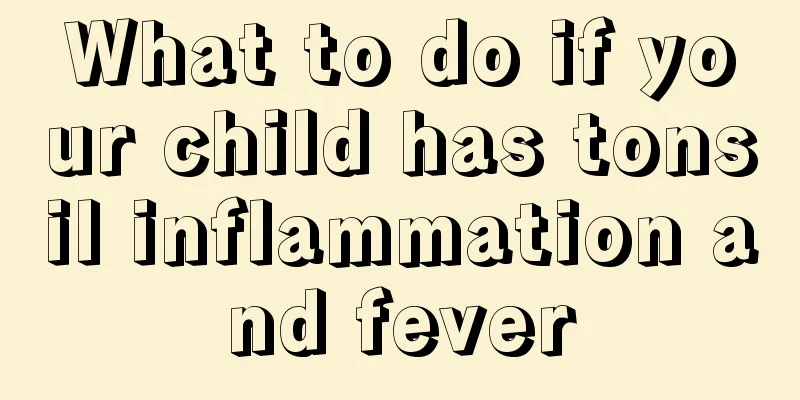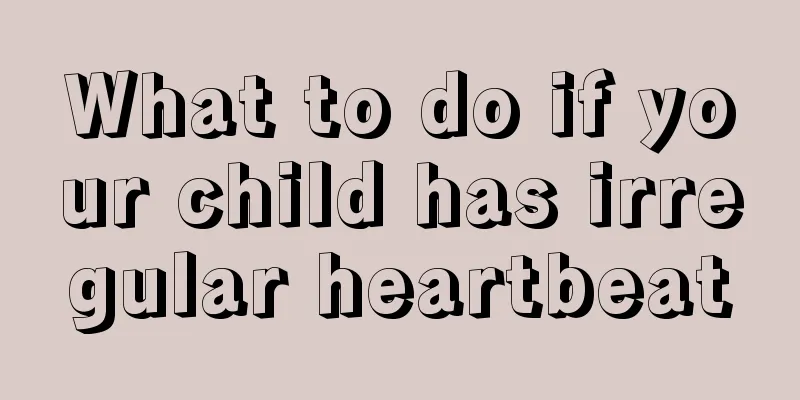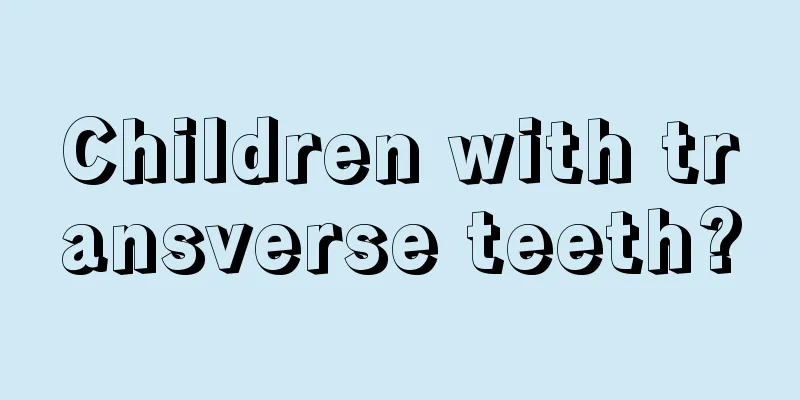What to do if your child has tonsil inflammation and fever

|
Although the role of tonsils in the human body is not particularly obvious, tonsillitis will always occur when people have a cold, because tonsils are a kind of lymphoid tissue, which means that it is an immune system. In children, since their immunity is relatively low, their chances of tonsillitis are much higher than that of adults. So what should we do if children have symptoms of tonsillitis and fever? Tonsils belong to lymphatic tissue. The lymphatic system develops rapidly during infancy and childhood, so large tonsils are often seen in children of this age. Tonsils have immune functions and can prevent respiratory diseases from spreading downwards, thus playing a protective role. However, since children have relatively low resistance and some children have an unbalanced diet and malnutrition, infections and tonsillitis are often caused. If your child has tonsillitis and is accompanied by fever and sore throat, you should go to the hospital for treatment. However, parents should still help their children prevent tonsillitis in daily life: Comprehensive prevention is needed from the perspectives of diet and environment. You should drink more water, eat more fruits and vegetables, eat less spicy, fried and other irritating foods, not eat too much meat and fish all day long, and not eat too much raw and cold food, especially ice cream and drinks. When the climate changes or the cold season comes, mothers should add or remove clothes for their children in a timely manner and reduce the number of times they go to public places. In addition, before tonsillitis becomes acute, children often have some signs, such as increased appetite, hyperactivity, restless sleep or teeth grinding, bad taste in the mouth, dry stool, thick yellow tongue coating, etc. At this time, parents should pay more attention to their children's diet, try to avoid eating things that are easy to cause inflammation, and can take some laxatives or vitamin C to prevent infection. Under normal circumstances, tonsils gradually shrink with age, so the number of tonsillitis cases in children over 10 years old will gradually decrease. If your child's tonsils are indeed inflamed more than 5 to 6 times a year, and each time is accompanied by high fever, sore throat, pus spots on the tonsils, or there is a possibility of complications such as arthritis, nephritis, carditis, or if chronic tonsil hypertrophy affects sleep and causes severe snoring, you may consider tonsillectomy. However, the general age for surgery should be after 5 years old. |
<<: How to get rid of chicken skin in children
>>: Is camphor harmful to babies?
Recommend
What is the treatment for bronchial asthma in children?
Bronchitis in children is a common disease in bab...
Reasons and treatment suggestions for babies who don’t like to breastfeed at 4 months old
Some babies don't like to breastfeed, so how ...
Why can't children crawl?
Parents who have raised babies know that babies c...
How can children's stuttering be cured?
Stuttering is also known as stammering, and in me...
Why does an 8-year-old boy sweat when sleeping at night?
If a child sweats while sleeping at night, parent...
Diet therapy for children's allergic asthma, these recipes are valuable
Children's bodies are very fragile, so they a...
Nursing methods for newborns with congenital heart disease
As parents, of course we hope that our children c...
Six-year-old child has white spots on his face
In people's eyes, perhaps a few white spots w...
How to formulate a weight loss plan for children
With the improvement of people's living stand...
Red rash on child
Skin rashes can make people feel very scared, bec...
What should I pay attention to when my baby has megacolon?
The baby is the hope of every family and is worth...
Why is my baby's butt itchy?
Normally, the incidence rate of anus itching in b...
The best sleep time for children
Many young parents start from scratch when taking...
The dangers of eating too much
Generally speaking, the various organs of a baby&...
What are the physical cooling methods for children with high fever?
Children have limited sleeping ability. If you do...









